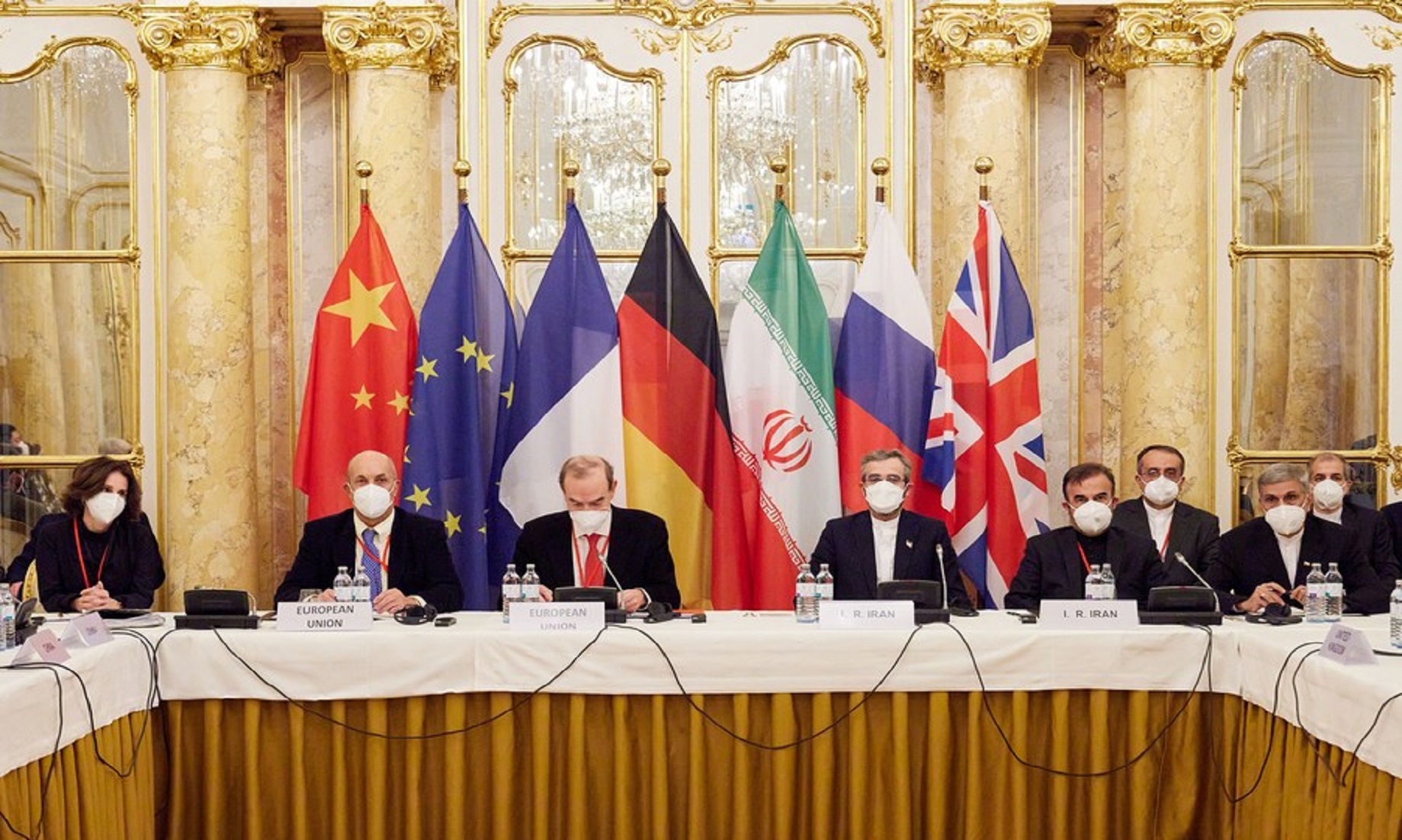TEHRAN, Jan 22 (NNN-IRNA) – Western countries involved in the ongoing Vienna nuclear negotiations, on Thursday continued to create a sense of urgency, by highlighting again that, it was now just a matter of weeks to revive the 2015 Iranian nuclear pact, despite Iran’s repeated rejection of such “constructed deadlines.”
The months-long diplomatic endeavours in the Austrian capital have yet to find a way to break the impasse between Washington and Tehran, which have negotiated indirectly through the mediation of the European Union.
Although there has been no deadline formally set for the end of the talks, it seems that unless the challenges are dealt with fairly, the negotiation may lead to a more complicated situation.
“There is real urgency and it’s really now a matter of weeks, where we determine whether or not we can return to mutual compliance with the agreement,” U.S. Secretary of State, Antony Blinken told a news conference on Thursday after meeting British, French and German ministers in Berlin.
Also, French Foreign Minister, Jean-Yves Le Drian, said earlier that, the negotiations on the fate of the 2015 nuclear deal, formally known as the Joint Comprehensive Plan of Action (JCPOA), “are underway but from our point of view they are slow, too slow.”
“There is a vital urgency on this issue because of Iran’s own actions and the trajectory of its nuclear programme,” he told the French parliament last week.
Meanwhile, the eighth round of negotiations has entered “a critical and relatively decisive stage,” the outcome of which can have a significant impact on the outcome of the negotiations, Nour News, a media outlet close to Iran’s Supreme National Security Council, said recently.
An examination of the current process in the negotiations reveals the fact that, in less complex issues of dispute, progress has accelerated, but disagreement on more difficult areas remains, according to Nour News, which suggested the parties involved “come to the talks with more initiative and authority to pass this stage.”
Making media literature on “time constraints” and repeating the threat of “taking advantage of other options” if diplomacy fails, is an “old and inefficient tool the Western side of negotiations still insists on using,” Nour News said, in an apparent reference to the warning by the Western parties to the deal that “window for diplomacy is closing.”
There is no need to repeat “fruitless media games,” if the West, especially the United States, prefers “the need for wise decision-making over politicking and extravagance,” it added.
“Iran has done everything in its power to constructively engage in the talks. It has actively contributed to the progress of the talks, through drafting and presenting innovative proposals,” Tehran Times said recently.
“The slow pace of Vienna talks is due to Western obstinacy,” it added.
In an interview with Xinhua on Tuesday, Iranian Foreign Ministry Spokesman, Saeed Khatibzadeh said, negotiators in Vienna “are not advancing a lot” on the sanctions-lifting aspect of the deal, because “Americans are yet to make the needed political decisions in their capital.”
Amir Ali Abolfath, an Iranian international affairs analyst, wrote in Arman Melli newspaper about the “behavioural contradiction of the Americans” in the ongoing nuclear talks in Vienna.
“On the one hand, the Americans are asking for the progress of negotiations, and on the other hand, they are not taking any practical steps to revive the agreement,” he said.
If the current U.S. government is critical of the behaviour of the previous government and considers leaving the JCPOA “a big mistake”, it should take an effective step to solve the problem, Abolfath concluded.
Likewise, Soheil Sabet, a political expert, wrote in a note in Arman Melli that, the time for the Western parties has arrived to show their real willingness to reach an agreement, by taking “meaningful and action-oriented” steps.
According to the Wall Street Journal, Western diplomats warned that the biggest obstacles to the Vienna talks on salvaging the JCPOA is Iran’s request for a legal guarantee that the United States would not re-withdraw from a possible deal and re-impose sanctions on the Islamic republic.
Khatibzadeh told Xinhua that the Iranian side wants to ensure that “enough mechanisms are embedded in the new understanding that the United States can get to the deal when there is a reliable and stable new agreement.”
Iran demands “objective guarantees that the United States is not going to mock international law” by violating the deal again, Khatibzadeh said, adding, Iran wants to “verify that this time, they are not going to cheat, as previously they did their best to actually make enough obstacles for Iran’s economic, trade, and business relations with other countries.”– NNN-IRNA





